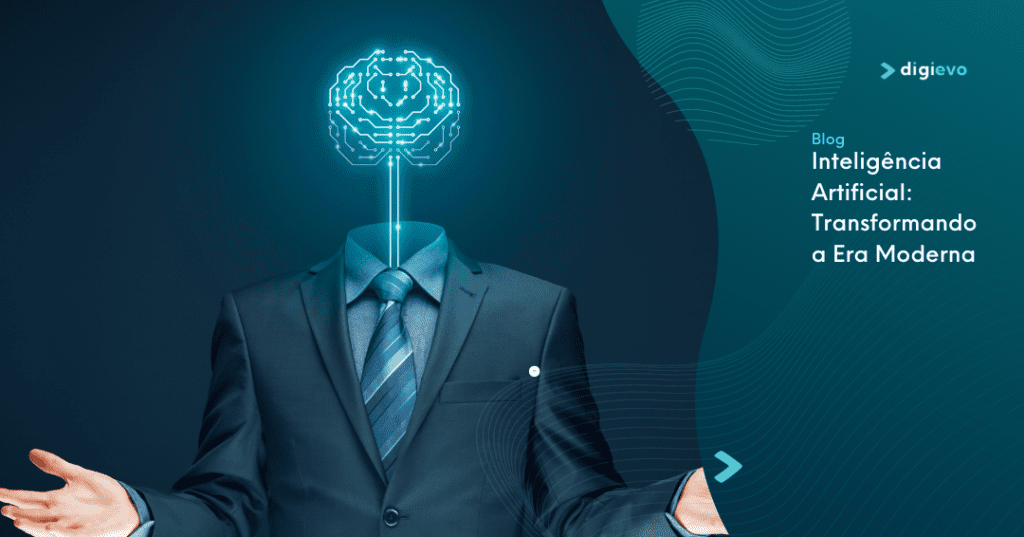The Artificial Intelligence (AI) revolution has provided numerous technological advances in the 21st century, transforming the way we live and work. In this article, we will explore the fundamental principles that guide this fascinating area of computer science.
“Artificial Intelligence is the science that allows systems (machines) the ability to learn, perceive, make decisions and solve problems through the construction of instruments and mechanisms that support human intelligence.” – D. Durães
The Essence of Artificial Intelligence
AI is based on complex algorithms and neural networks, which allow efficient processing of large volumes of data and learning from it. The core of this technology is machine learning, a process that enables algorithms to detect patterns and create predictive models or decision-making systems.
Supervised Learning: Artificial Intelligence in Action
A prominent approach in AI is supervised learning. In it, the algorithms are fed with input data and their corresponding correct answers. Through iterations, the algorithm learns to map inputs to correct outputs, adjusting its internal parameters to maximize the accuracy of predictions or decisions.
Unsupervised Learning: Discovering Treasures in Data
Another powerful technique is unsupervised learning, in which algorithms explore large volumes of data without prior guidance. This approach identifies similarities and differences between elements, being useful in customer segmentation, data analysis and anomaly detection.
Reinforcement Learning: Maximizing Rewards
Reinforcement learning is an intriguing concept in AI. Algorithms learn by interacting with a dynamic environment and receiving feedback on their actions. Based on these returns, algorithms adjust their strategies to maximize a specific reward, being applied in games, robotics and even autonomous vehicles.
The Power of Artificial Neural Networks
Essential for real-time AI, artificial neural networks are mathematical models inspired by brain biology. Composed of interconnected layers of artificial neurons, these networks process and transmit information, learning to recognize patterns and make accurate predictions through “training”.
Deep Neural Networks: Uncovering Complexities
Deep neural networks, with multiple layers, are capable of learning complex and abstract representations of data. This allows AI to deal with high-dimensional problems, providing increasingly sophisticated results and expanding its applications.
Artificial Intelligence in Our Daily Life
Although it may seem complex, AI is increasingly present in our daily lives. From virtual assistants on our smartphones to recommendation systems on streaming platforms, this revolutionary technology shapes and enhances our experience in different areas.
Conclusion
Artificial intelligence is an exciting journey into the technological future. Its fundamental principles, based on algorithms and neural networks, pave the way for innovative solutions in various areas of human life. As AI continues to evolve, we can expect an even more transformed world filled with possibilities.


Meta AI Alcança 1 Bilhão de Usuários: O Que Isso Significa Para o Futuro da Inteligência Artificial?
Read fullSalesforce Adquire Informatica por US$ 8 Bilhões: A Revolução da IA e Dados e o Que Sua Empresa Precisa Saber
Read fullDoes Artificial Intelligence limit human creativity and intelligence?
Read full